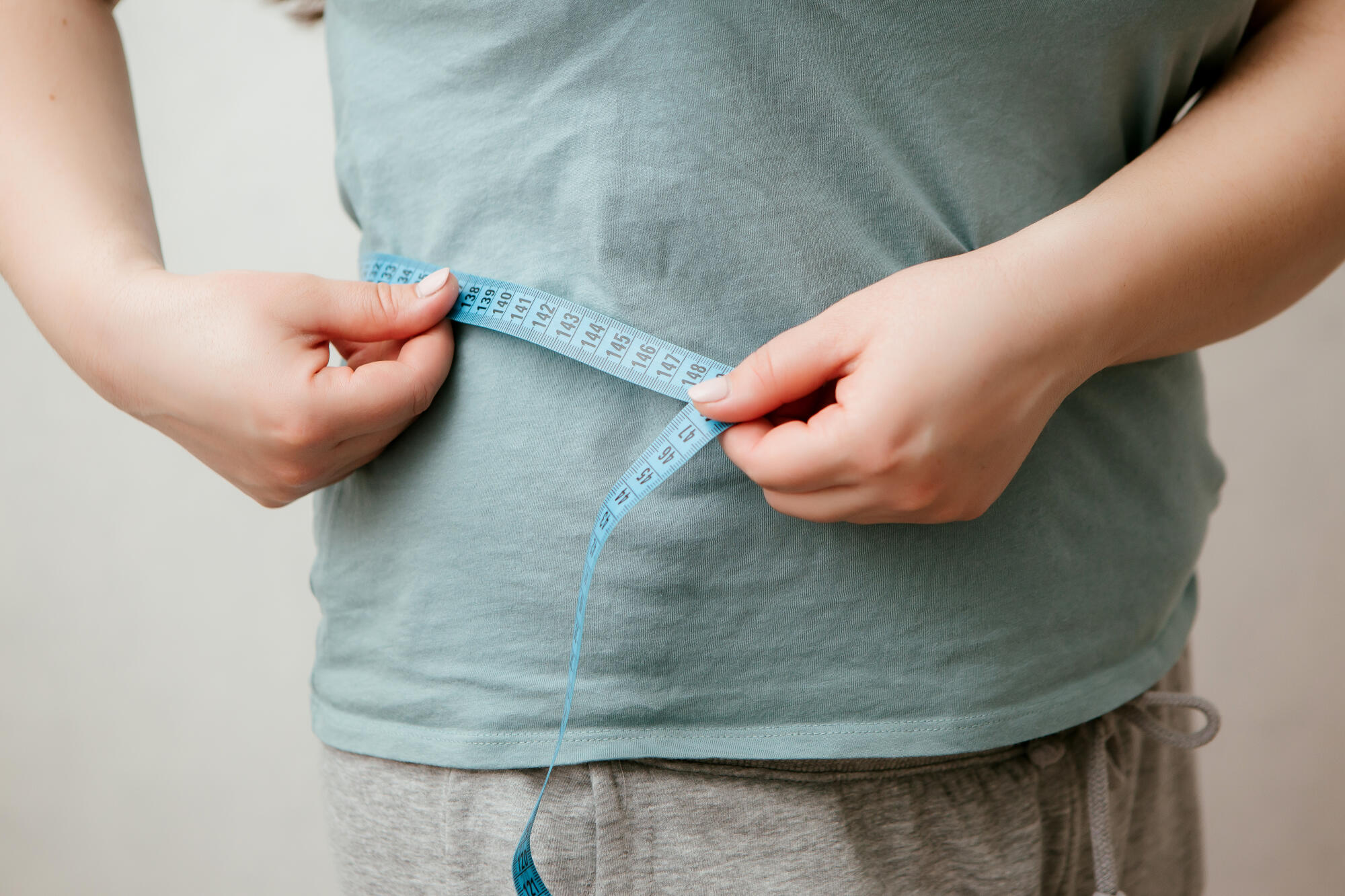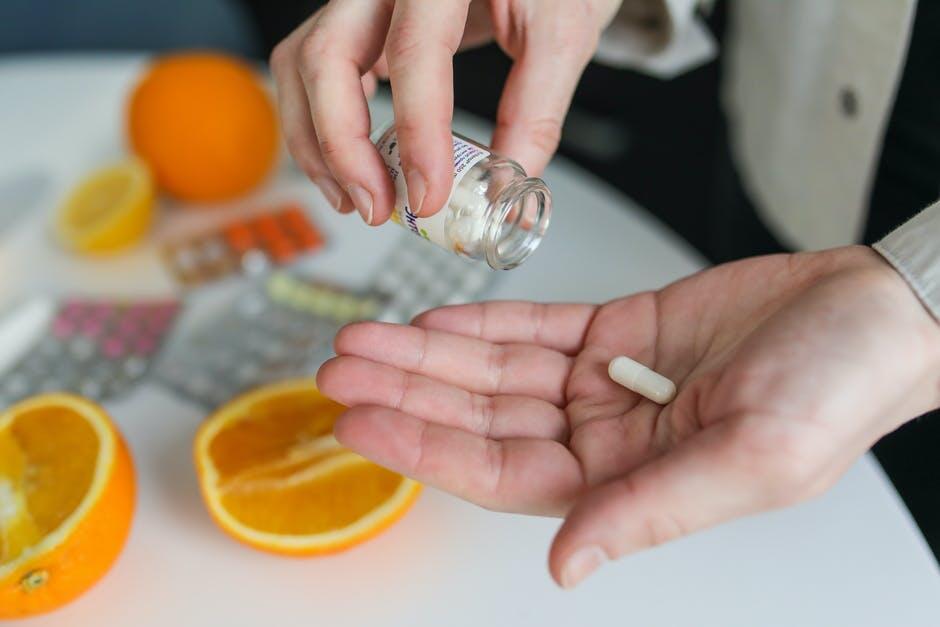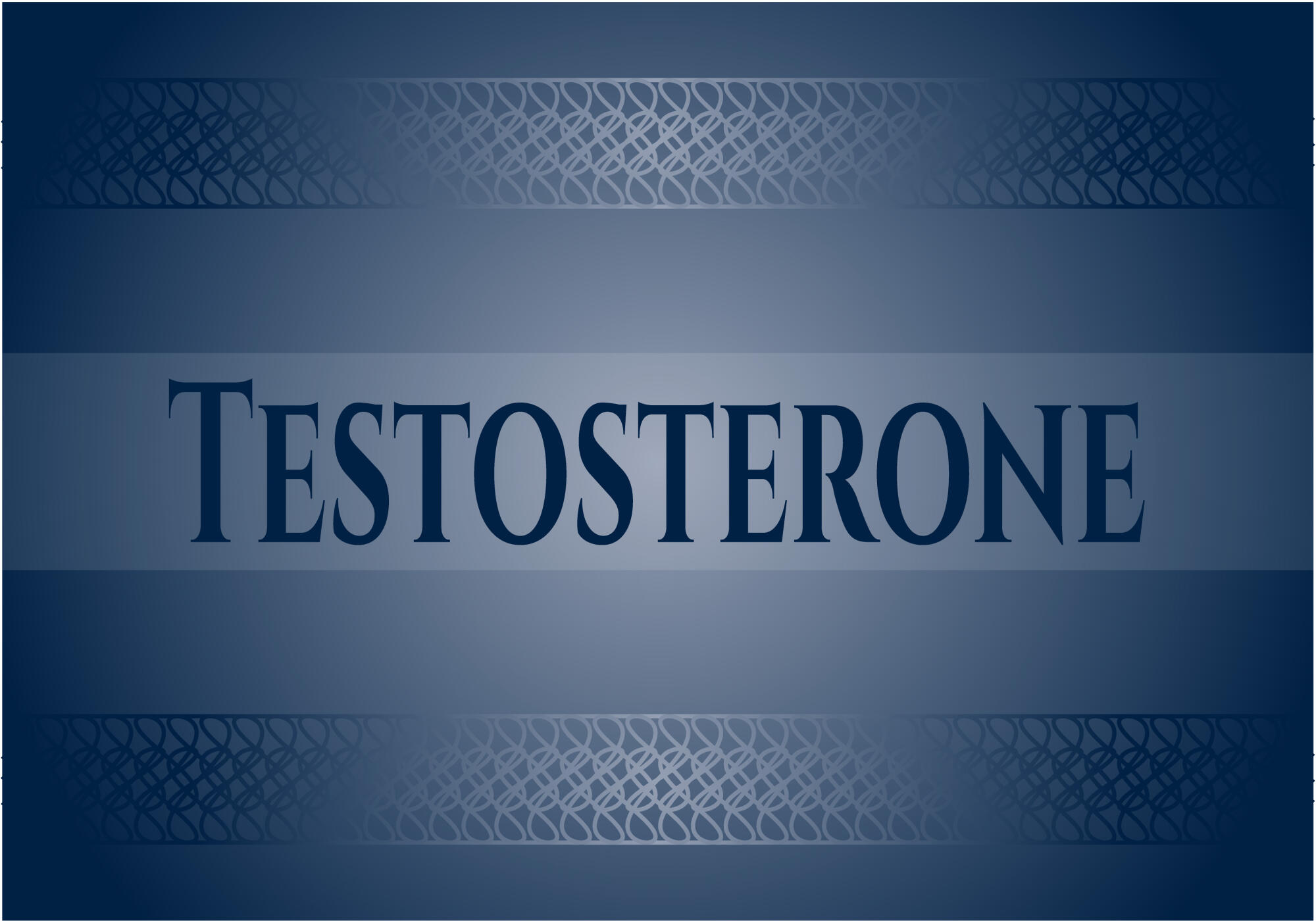Are you a new mother experiencing the rollercoaster of postpartum hormones? In this article, we’ll delve into what to expect from postpartum hormone changes and offer valuable insights on how to navigate this essential period in your life.
If you would like a quick synopsis of the points in this blog, you can watch our expert, Shannon Beason, MSN, APRN, FNP-C, discuss postpartum health in the below video. You can also unlock the full-length video here.
Understanding the Impact of Pregnancy on Hormonal Balance
Pregnancy is a miraculous journey that significantly affects a woman’s hormonal equilibrium. Throughout this time, substantial hormonal shifts occur, and these changes persist even after childbirth. The postpartum period marks the body’s gradual return to its pre-pregnancy state, with a notable drop in estrogen and progesterone levels.
Coping with Baby Blues
The rapid decline in estrogen and progesterone levels can trigger mood swings, irritability, and emotional instability in the days and weeks following childbirth. These mood swings, commonly referred to as “baby blues,” are a natural response to postpartum hormonal changes and usually resolve within a few weeks. However, it’s important to recognize that postpartum emotional well-being is influenced by a complex interplay of biological, physiological, and social factors.
Identifying Postpartum Depression
While baby blues are typically temporary and self-limiting, some women may experience a more severe condition known as postpartum depression. This condition is characterized by persistent feelings of sadness, anxiety, or emptiness, coupled with changes in sleep and appetite, difficulty bonding with the baby, and overwhelming guilt. If you or someone you know is grappling with these symptoms, it’s imperative to seek help from a healthcare provider.
Effective Strategies for Navigating Postpartum Hormonal Changes
Successfully navigating postpartum hormone changes involves a comprehensive approach to support overall well-being and restore hormonal balance. Here are some essential strategies:
1. Prioritize Rest and Sleep
Adequate rest and sleep play a crucial role in both physical and emotional recovery during the postpartum period. Don’t hesitate to enlist the support of family or friends to help care for your baby while you prioritize your sleep.
2. Manage Stress
Stress management techniques, such as deep breathing exercises, mindfulness, and relaxation, can mitigate the impact of stress on your hormones. Seeking support from a mental health professional can be immensely beneficial if you’re struggling to cope.
3. Engage in Regular Physical Activity
Regular exercise can boost your mood and overall well-being. Begin with gentle, postpartum-friendly activities and gradually increase your physical activity level as your body permits.
4. Seek Social Support
Maintaining connections with friends and family who can offer emotional support and assistance is crucial. Sharing your experiences with fellow new mothers can also provide valuable insight and comfort.
5. Maintain Balanced Nutrition
Eating a well-balanced diet rich in essential nutrients is vital for your physical and emotional health. Consider consulting a registered dietitian for personalized nutrition guidance tailored to your postpartum needs.
6. Limit Alcohol and Caffeine Intake
Excessive alcohol and caffeine consumption can exacerbate hormonal imbalances and mood swings. It’s advisable to restrict your intake of these substances during the postpartum period.
7. Embrace Self-Care
Prioritizing self-care activities that bring you joy and relaxation, whether it’s reading, taking a bath, or indulging in a hobby, is essential for your overall well-being.
8. Hormone Evaluation and Therapy
If you think you’re experiencing hormonal imbalances, such as thyroid dysfunction or postpartum-related hormonal disorders, hormone evaluation through laboratory testing and subsequent hormone replacement therapy could be a great next step for you. Bioidentical hormone replacement therapy (BHRT) can stabilize hormone levels, alleviate symptoms, and enhance your overall quality of life. Keep in mind that the effectiveness of hormone therapy can vary from person to person, so collaborating closely with an expert provider is key to developing a personalized treatment plan tailored to your unique needs and medical history.
Prioritizing Self-Care and Seeking Support in the Postpartum Period
It’s crucial for all new mothers to understand that prioritizing self-care and seeking support during the postpartum period is not only acceptable but also vital. This phase of life is a blend of beauty and challenges, and nurturing your physical, emotional, and mental well-being is fundamental as you embrace your new role as a mother.
To further support your postpartum journey, there are numerous reliable, evidence-based resources available to you. Websites such as Evolve Telemedicine, Hormone University ACO, the National Association of Nurse Practitioners, and Women’s Health and UpToDate offer comprehensive literature to assist you. However, it is recommended to schedule a consultation with a healthcare provider. This provides an opportunity to discuss any concerns related to postpartum hormonal health, receive personalized guidance, and address specific questions about hormone balance and physical recovery.
In conclusion, the postpartum period is marked by significant hormonal changes and adaptations. By prioritizing self-care, seeking support, and collaborating with healthcare professionals when necessary, you can confidently navigate these hormonal fluctuations and experience a smoother transition into the transformative role of motherhood. Your well-being matters, and you deserve the best support and care during this precious phase of your life.











